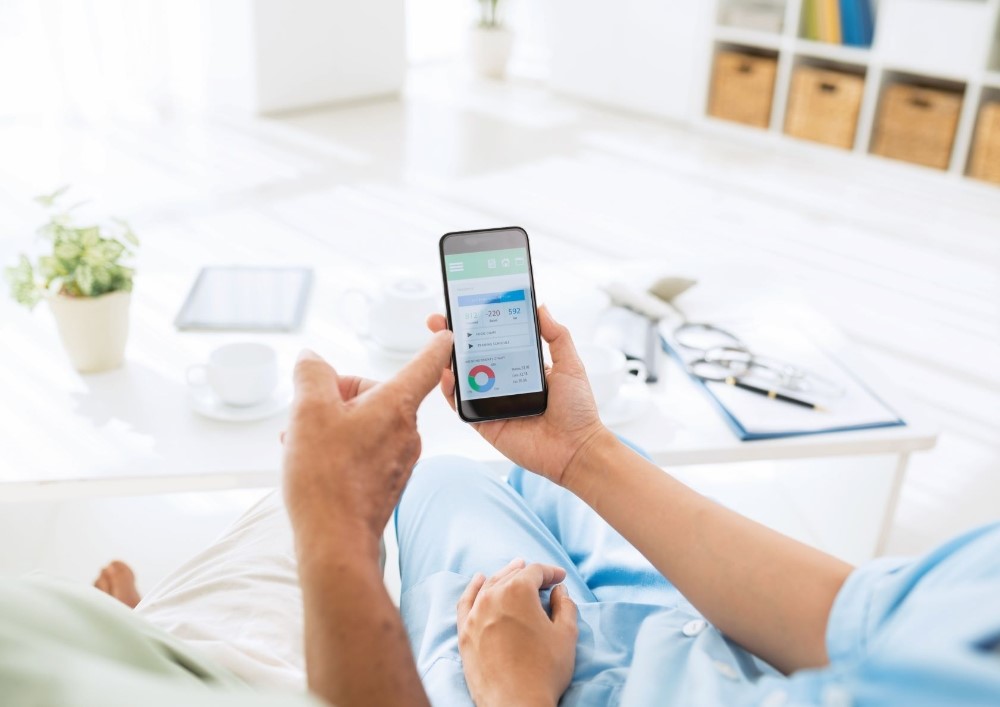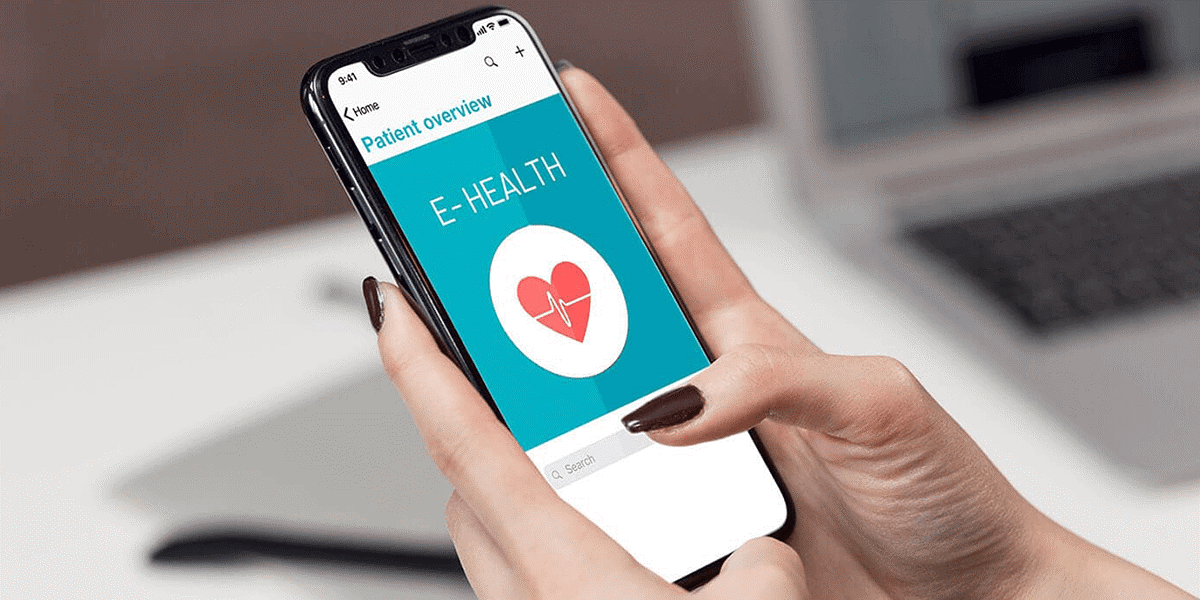In recent years, the healthcare industry has witnessed a seismic shift, driven by the rapid evolution of technology. Among the most transformative innovations are Mobile Health Platforms, which have revolutionized patient care by enhancing accessibility, improving patient engagement, and enabling more efficient management of health data. This article delves into how these platforms are reshaping the landscape of healthcare and outlines their significant benefits.
The Rise of Mobile Health Platforms
Mobile Health Platforms, often referred to as mHealth platforms, encompass a variety of applications and services designed to support health and wellness through mobile devices. These platforms range from simple health monitoring apps to comprehensive systems that integrate with electronic health records (EHRs) and provide telemedicine services.
The proliferation of smartphones and the increasing penetration of high-speed internet have been pivotal in the adoption of mobile health platforms. According to a report by the Pew Research Center, 85% of Americans owned a smartphone as of 2021, and this percentage is even higher in younger demographics. This widespread accessibility makes mobile health platforms an ideal solution for reaching a broad audience.
Enhancing Accessibility to Healthcare
One of the most significant advantages of mobile health platforms is their ability to make healthcare more accessible. Traditional healthcare systems often face challenges such as long waiting times, geographical barriers, and limited availability of specialized care. Mobile health platforms address these issues by providing remote access to healthcare services.
Telemedicine, a key component of many mobile health platforms, allows patients to consult with healthcare providers via video calls, chat, or phone. This is particularly beneficial for individuals living in rural or underserved areas, where access to healthcare facilities may be limited. Moreover, telemedicine reduces the need for travel, saving time and costs for both patients and healthcare providers.
Improving Patient Engagement and Compliance
Mobile health platforms also play a crucial role in improving patient engagement and compliance with treatment plans. Many platforms offer features such as medication reminders, appointment scheduling, and personalized health tips. These tools help patients stay on track with their treatments and make informed decisions about their health.
For instance, apps that send push notifications to remind patients to take their medications can significantly improve adherence to prescribed regimens. Additionally, platforms that allow patients to track their symptoms and progress can provide valuable insights to healthcare providers, enabling more personalized and effective care.

Empowering Patients with Health Data
The ability to collect and analyze health data is another transformative aspect of mobile health platforms. Wearable devices, such as fitness trackers and smartwatches, can monitor vital signs, physical activity, sleep patterns, and other health metrics. This data can be seamlessly integrated with mobile health platforms, providing a comprehensive view of a patient’s health.
Patients can access their health data in real-time, empowering them to take a proactive role in managing their health. For example, individuals with chronic conditions such as diabetes or hypertension can monitor their blood sugar levels or blood pressure regularly. This continuous monitoring enables early detection of potential issues and timely interventions.
Facilitating Chronic Disease Management
Chronic diseases, such as diabetes, heart disease, and asthma, require ongoing management and regular monitoring. Mobile health platforms offer tools that facilitate the management of these conditions by providing continuous support and real-time data.
For example, diabetes management apps can track blood glucose levels, log meals, and provide insulin dosage recommendations. These apps often include educational resources and support communities, helping patients better understand and manage their condition. Similarly, platforms for heart disease management can monitor heart rate, blood pressure, and other vital signs, alerting patients and healthcare providers to any abnormalities.
Enhancing Communication Between Patients and Providers
Effective communication between patients and healthcare providers is essential for delivering high-quality care. Mobile health platforms enhance this communication by providing secure messaging, video consultations, and access to medical records.
Patients can easily reach out to their healthcare providers with questions or concerns, reducing the need for in-person visits. This continuous communication helps build stronger patient-provider relationships and ensures that patients receive timely and accurate information.
Integrating with Electronic Health Records (EHRs)
The integration of mobile health platforms with Electronic Health Records (EHRs) is a significant advancement in healthcare technology. EHRs store comprehensive patient information, including medical history, diagnoses, treatments, and test results. When mobile health platforms integrate with EHRs, they provide a unified and up-to-date view of a patient’s health.
This integration enables healthcare providers to make more informed decisions and deliver personalized care. For example, a doctor can review a patient’s health data collected through a mobile app before a consultation, gaining insights into the patient’s condition and progress. This holistic view of patient health can lead to better outcomes and more efficient care.
Addressing Privacy and Security Concerns
While the benefits of mobile health platforms are undeniable, they also raise concerns about privacy and security. The sensitive nature of health data requires robust measures to protect patient information from unauthorized access and breaches.
Mobile health platforms must comply with regulations such as the Health Insurance Portability and Accountability Act (HIPAA) in the United States, which sets standards for the protection of health information. Encryption, secure authentication, and regular security audits are essential practices to ensure the safety of patient data.
The Future of Mobile Health Platforms
The future of mobile health platforms is promising, with ongoing advancements in technology and increasing adoption by healthcare providers and patients. Artificial intelligence (AI) and machine learning (ML) are expected to play a significant role in the evolution of these platforms.
AI and ML can analyze vast amounts of health data to identify patterns and predict outcomes. For example, predictive analytics can help identify patients at risk of developing chronic conditions, enabling early interventions. Additionally, AI-powered chatbots can provide instant support and answer common health-related questions, improving patient engagement and satisfaction.
Conclusion
Mobile health platforms are transforming patient care by making healthcare more accessible, improving patient engagement and compliance, empowering patients with health data, facilitating chronic disease management, enhancing communication between patients and providers, and integrating with Electronic Health Records. As technology continues to advance, these platforms will play an increasingly vital role in delivering high-quality, personalized, and efficient healthcare.
The adoption of mobile health platforms represents a significant step towards a more connected and patient-centered healthcare system. By leveraging the power of mobile technology, we can overcome traditional barriers to healthcare and ensure that patients receive the care they need, when and where they need it.




